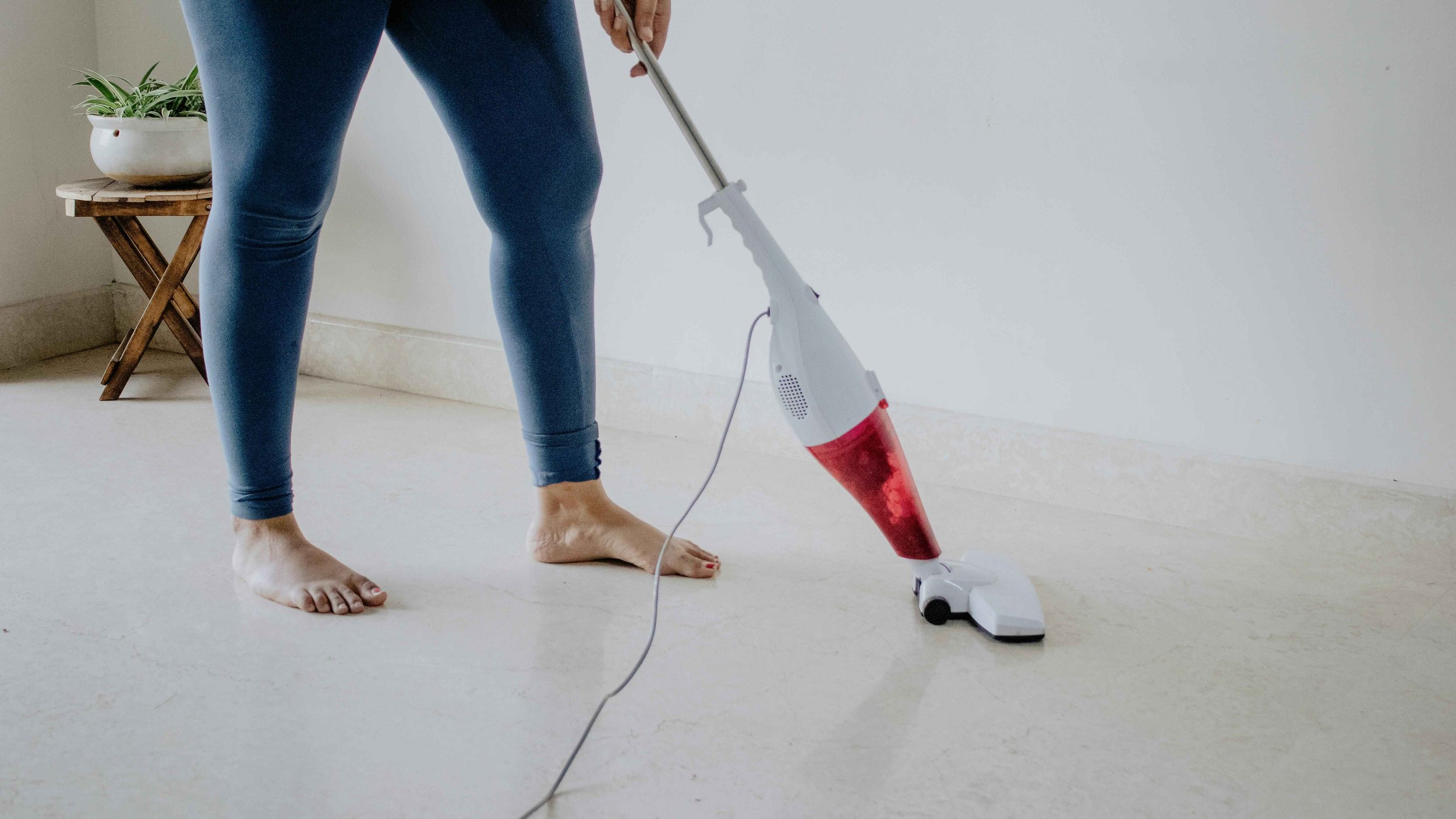If you have ever been described as competitive, driven, or always “on the go,” you might recognize yourself in the world of Type A personalities. Known for their ambition, focus, and relentless pursuit of goals, individuals with strong Type A personality traits often stand out in high-performance environments. They set high standards, manage their time carefully, and rarely shy away from a challenge. But what exactly makes these traits so powerful and how do they translate into real-world success?
In this blog, we will explore 10 Type A personality traits that drive success, from unwavering determination to exceptional organizational skills. Whether you identify as Type A yourself or work alongside someone who does, understanding these characteristics can help you harness their strengths while staying mindful of potential downsides. Let us take a closer look at the qualities that fuel achievement and shape some of today’s most motivated individuals!


























